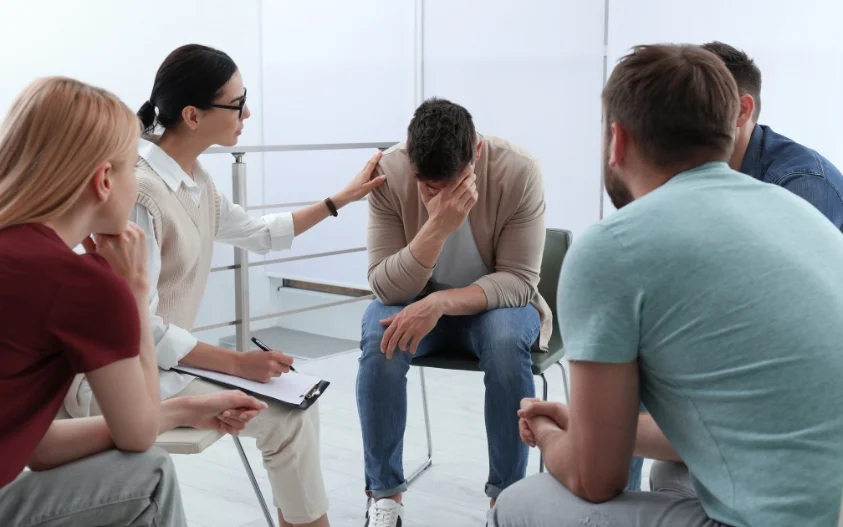Rehab centers in Warsaw, Virginia, provide comprehensive treatment for a wide range of addictions, reflecting the diverse challenges people face in today’s world. Typically, these facilities offer programs tailored for substance use disorders, including alcohol, prescription medications, and illicit drugs such as heroin, cocaine, and methamphetamine. Beyond traditional substance abuse, they also address behavioral addictions, such as gambling, sex addiction, and internet dependency. The treatment modalities vary from one center to another, with many utilizing evidence-based practices like Cognitive Behavioral Therapy (CBT) and Dialectical Behavior Therapy (DBT). Additionally, staff members often integrate holistic approaches such as mindfulness, art therapy, and physical wellness programs, which can enhance the recovery experience. Importantly, treatment is personalized to ensure that each individual's unique circumstances and co-occurring mental health disorders, such as depression or anxiety, are addressed. Family involvement is also encouraged, providing support for both patients and their loved ones, which can significantly improve the chances of successful long-term recovery.




















































































